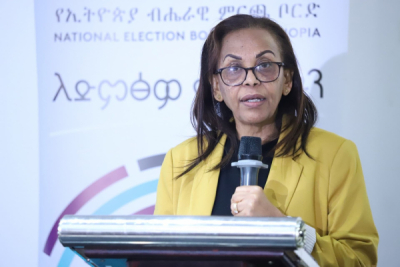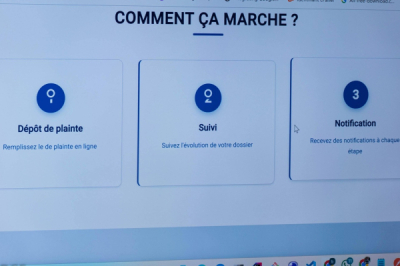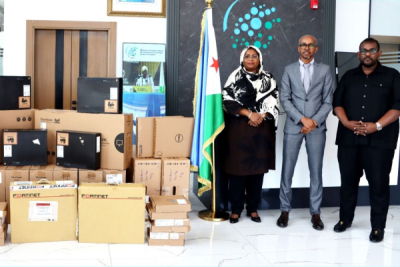The African digital economy is a promising sector that is expected to be worth US$712 billion by 2050, or 8.5% of continental GDP. To capitalize on its dividends, several countries are implementing digital transformation strategies. Some of them, including Côte d’Ivoire, have accelerated their plans, after the coronavirus pandemic.
Côte d’Ivoire needs more than XOF2 trillion (US$3 billion) to complete its digital infrastructure program, Digital Minister Amadou Coulibaly indicated last Friday. The official presented the estimate during a plenary session around the theme "Investing in Côte d'Ivoire", at the 10th edition of the CGECI Academy organized by the General Confederation of Enterprises of Côte d'Ivoire (CGECI) - Patronat Ivoirien.
The program includes the construction of the National Data Center and the completion of the national backbone. The two projects, slated for completion in 2025, will complement the others planned under the national digital development strategy and support economic development.
The data center will bring together, in one secure location, all the public services that the government is currently dematerializing, therefore ensuring their efficiency. As for the national backbone, it will help provide cheaper broadband -an essential requirement for enhancing access to dematerialized services and socio-economic opportunities- to every household.
According to Minister Amadou Coulibaly, a National Digitalization Committee will be set up to coordinate digital development activities. He added that the Prime Minister would launch the committee’s activities in the coming months.
The projects mentioned are part of the 2025 digital strategy developed under the Ministry of Digital Economy’s lead and adopted during the December 22, 2021, Ministerial council. The strategy suggested 32 reforms and 96 projects to be implemented over the 2021-2025 period. Its indicative budget is XOF2 trillion.
According to the World Bank, Côte d’Ivoire could generate over US$5.5 billion and US$20 billion from the digital economy respectively by 2025 and 2050 if the strategy is effectively implemented.
Samira Njoya



















